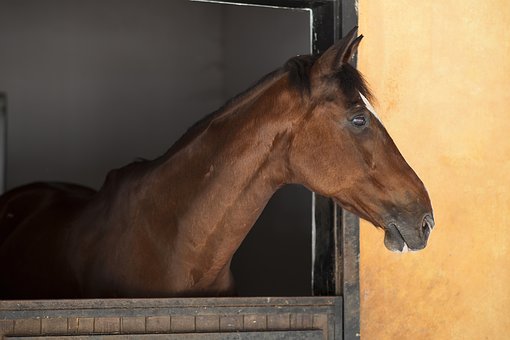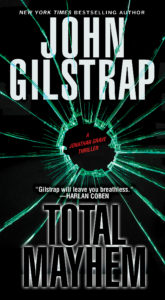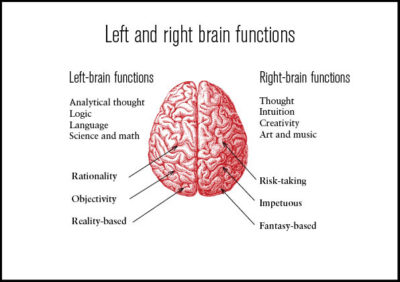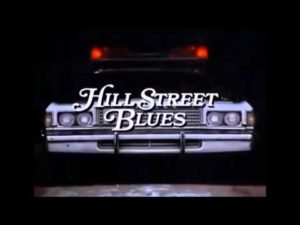Have you ever felt like every idea you currently have your finger on totally…sucks? That you may never have another good story idea?
I’ve been struggling with a short story for weeks and weeks. Not struggling with a single, specific story, but with FOUR beginnings of stories as I try to distill one. This isn’t a situation I’m used to, or particularly like. (I’m sure that I’m the only one this has happened to, right?) As those beginnings rolled around in my head, I’d stop to type out a page. Then stop. The idea never quite made it past another couple paragraphs.
This may be the absolute worst part of being a writer. Or at least being a writer under deadline.
I decided to get help from my resident writer guy/bedfellow. (Paraphrasing ahead because in real life conversation is rarely linear–something to remember as you write fiction. Think of the following as a kind of passion play. On writing.)
Me: I need to talk about something. [Trying not to sound too dire, yet going for serious. Because I am.]
Husband: Sure. [Isn’t he nice?!]
Me: So I’ve been trying to work on this story for a long time now. I just feel like–I don’t know–like I’ll never be able to write another short story again. Like I’ll never have another good idea. They’re just gone. [Confession: I know it’s a bit of a whine. A cry for help because what writer wants to EVER feel this way?]
Husband: Yeah, that sounds tough. You sound like you feel pretty bad. [I love empathy, don’t you? Yes, we’ve both had plenty of practice with, um, professional listeners.]
Me: *sigh* It’s a horrible feeling. What if I never have another decent idea?
Husband: That’s unlikely. But you could always get a job at Dairy Queen. [We are both big DQ fans.] Somebody–I don’t remember who, maybe someone we interviewed–mentioned they teach your Bug Man story in their writing classes all the time.
Me: That story just came to me all at once, you know? In one big piece. It was a giant gift from the sky. I don’t think I really had much to do with it. And then a couple of my stories got nominated for prizes. How can I write another story and have it not be as good? [This is a real feeling, y’all.]
Husband: So what if it’s not as good? [You can see who the Devil’s Advocate is in our house.] You just have to write a story.
Me: It just feels like the end of everything. [Apocalyptic scenarios are my specialty.][Intentionally ignoring the suggestion that my next story might not be as good as my former best. My currently fragile ego obviously can’t take it.]
Husband: You think you’ll spend the rest of your life not writing? [Why doesn’t he sound more alarmed, I want to know.}
Me: If I don’t have any ideas, I can’t write. Short stories, anyway. [Note to editor and agent: the current novel is going FINE] I don’t think I’ve ever felt this way before. It’s scary.
Husband: Yeah, that’s not really true. [What? Is he kidding? Calling me a liar? Them’s fightin’ words.]
Me: What do you mean? [Trying not to sound indignant because that would only refocus the discussion on a non-issue and listening would quickly cease on both sides. That’s what a professional listener might say, anyway.]
Husband: I hesitate to tell you this, but you say this every time. Short stories, novels, whatever. Especially if you have a deadline. [I am speechless for a long moment.] Sorry, but it’s true.
Me: Really? [I’m experiencing a glimmer of familiarity, to my surprise. But it’s…uncomfortable.] Seriously?
Husband: Yep. Every time. [Similar scenes from the past threaten to overwhelm me, making my brain spin like a spiral cartoon graphic from old Batman or The Monkees shows. (Yes, I’m that old, and if you don’t remember them I pity your loss!)]
Me: Maybe…I guess. [I’m awesome at poker. You never know what I’m thinking.]
Husband: You should probably go write the story.
Me: You think I can? What if it sucks? [Please don’t say it could suck.]
Husband: It could definitely suck, but I don’t think it will. I’m sure they’ll take it. [!!!!!]
Me: They’re not going to want it if it sucks, though. [Logic is surely on my side, right?]
Husband: You don’t get to be the judge. You just have to write the story. You usually think your work is no good until someone else likes it. Or publishes it. Go write the story. [He’s repeating himself. Could it all really be this simple? Hope fills my head, displacing the cartoon chaos. I’m finally remembering…] So what’s for dinner?
Yes, Husband was perfectly correct. I do go through similar throes sometime during every project. It’s a crisis of confidence that appears to be part of my process. It can come right at the beginning, and/or sometimes when I’m about 3/4 in. I wanted to share this little drama with you to let you know you’re not the only one. I know there are writers among us–TKZers on both sides of the screen [cue creepy image of ALL the TKZ contributors stuffed into the back part of my Mac, typing away diligently]–who NEVER have a crisis of confidence. And more power to them! The rest of us have to wrestle with our work and stories until they become clear in our vision.
You won’t ever run out of ideas. I promise.
Oh, I found my story the next morning. It’s a synthesis of two of my story ideas, plus an added murder. [Of course there’s a murder–maybe two!]
So, dear TKZers, tell us a story about your crises of confidence. Do you have predictable panicked moments? Or do tell us how you’ve managed to avoid them!











 Most of us are able to recall one or two of our dreams, but what if there were ways to increase that number?
Most of us are able to recall one or two of our dreams, but what if there were ways to increase that number?![By Polygon data were generated by Database Center for Life Science(DBCLS)[2]. - Polygon data are from BodyParts3D[1], CC BY-SA 2.1 jp, https://commons.wikimedia.org/w/index.php?curid=9621805](https://killzoneblog.com/wp-content/uploads/2018/09/Superior_temporal_gyrus_animation.gif)
 Brain cells in the left hemisphere have short dendroids which pull in information.
Brain cells in the left hemisphere have short dendroids which pull in information.